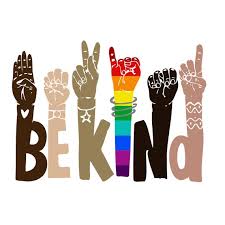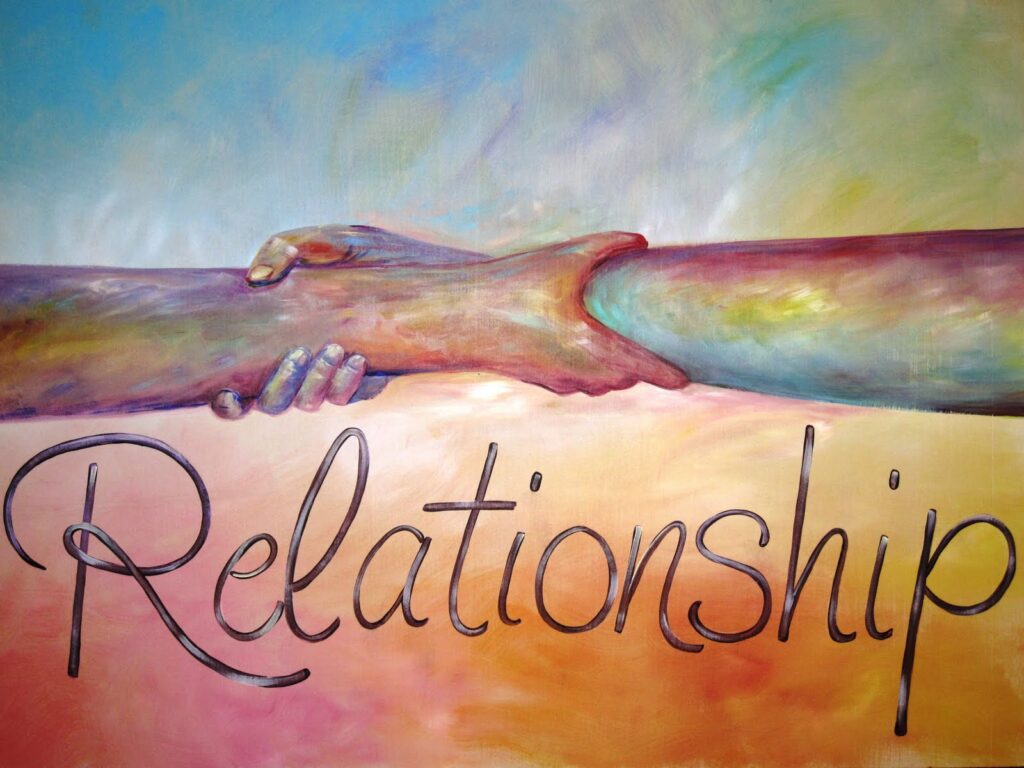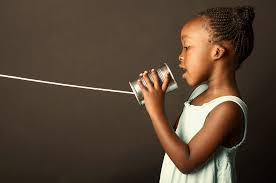
Communication is definitely a buzz word. We say, “we need better communication” in the workplace, with our partner, or with our children, but actually accomplishing it takes hard work, intention, and commitment. This blog is about helping you be on fire for communication; teaching some basics, but most importantly encouraging you to stay with it for success in all aspects of life.

Why should we be on fire for communication? Communication fixes things. It helps retention in the workplace, it improves partner relationships – including making sex great, it helps your kid feel seen so that your relationship with them stays connected, and it helps improve mental health.

“We have two ears so that we can listen twice as much as we speak.” Epictetus
That quote by an early stoic philosopher who was born into slavery and revered for his wisdom is the best thing for communication. Communication always breaks down when people talk too much and listen too little.
How do I better communicate?
The First Thing – listen. Really listen. Set aside time with the person or group with whom you want to improve communication so that you can prepare to listen without reaction. Here are some tried successful examples:

Work: Ask your coworker or employee to prepare a list of 3-5 things that would improve their work experience. Set a time to meet and listen to them while they list and explain. This meeting is not the time to respond or tell them why you cannot do the things that will help them be a better employee. It is the time to let them share and for you to ask questions for supportive clarification.

Partner: Set up a once a week safe to express time to hear each other’s needs. My partner and I have a communication fire every Sunday morning. We make a fire, bring out our coffee, and allow each other to express anxieties, anger, work needs, body image issues etc. We do not fix or comment unless we are asked to do so. If something negative comes up during the week, we remind each other to journal it, and save it for the communication fire so the other is prepared to hear it without an angry reaction.

Child: Join their play. Don’t teach or correct during these times; follow the script they are playing out in their heads, be it dragons or tea parties or spy games. Engage, listen, and observe. You can learn a lot and connect with respect when you listen and partake in play without directing or correcting.

The Second Thing – keep it kind and respectful. No one wants to communicate with someone who is mean. We do get mean and corrective and selfish – this is a given in our human nature, but don’t call this communication. Call it what it is… a fight, a smack down, an “I lost control and I’m sorry.” Communication can only happen when you show (not demand) respect. Here are some tried successful examples:

For everyone: Prepare what you want to talk about so your words are respectful and have a purpose for improvement not a ‘get cha’ moment. Respect the timing so as not to upset the other person before they need to be professional with a client, go to work, or go to school. Do not cut someone off in order to get somewhere on time. Plan enough time for both sides to communicate. (See The First Thing.) Never demand something from the person with whom you are communicating. It is your responsibility to remain calm and model best practice. Though we do “communicate” through words, actions, and decisions, this is not the same as practicing healthy communication in order to improve relationships, retention, and mental health.

Communication is different than talking, blowing off steam, or directing people to do something.
“Communication leads to community, that is, to understand, intimacy and mutual valuing.” Rollo May
